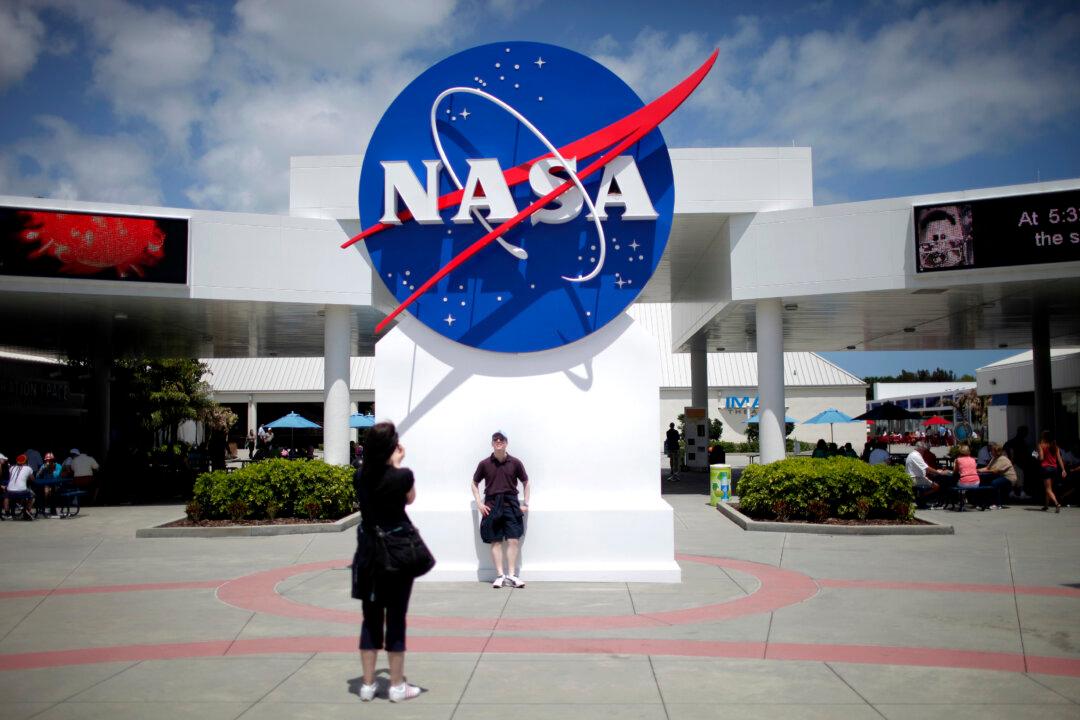NASA has announced it is revising some unofficial nicknames used to refer to cosmic objects as it joins efforts by some within the scientific community to promote values of “diversity, equity, and inclusion.”
The U.S. space agency said in a statement on Aug. 5 that certain nicknames historically used to refer to distant planets, galaxies, or nebulae that it considers “inappropriate” will no longer be used. Instead, the agency will adopt the official International Astronomical Union designations for the cosmic objects.





